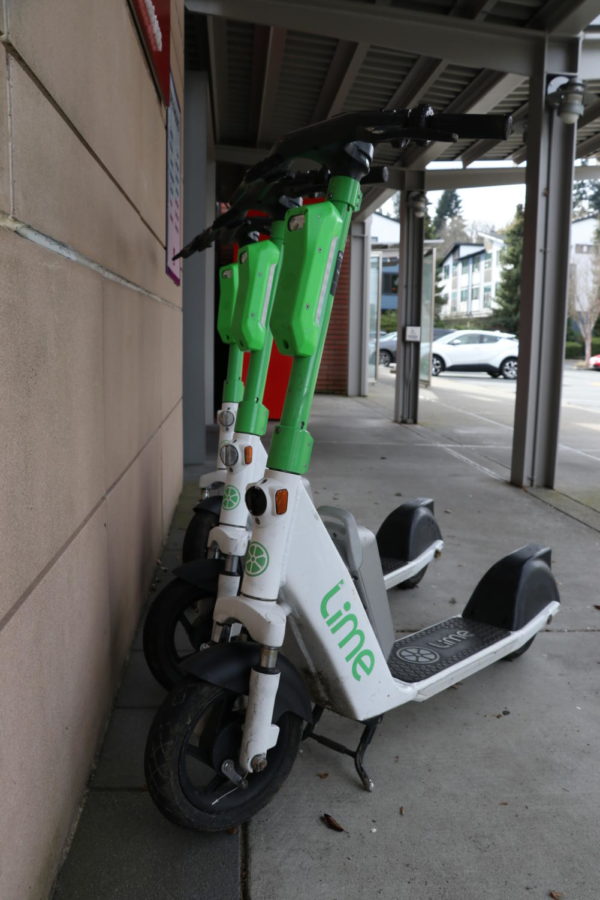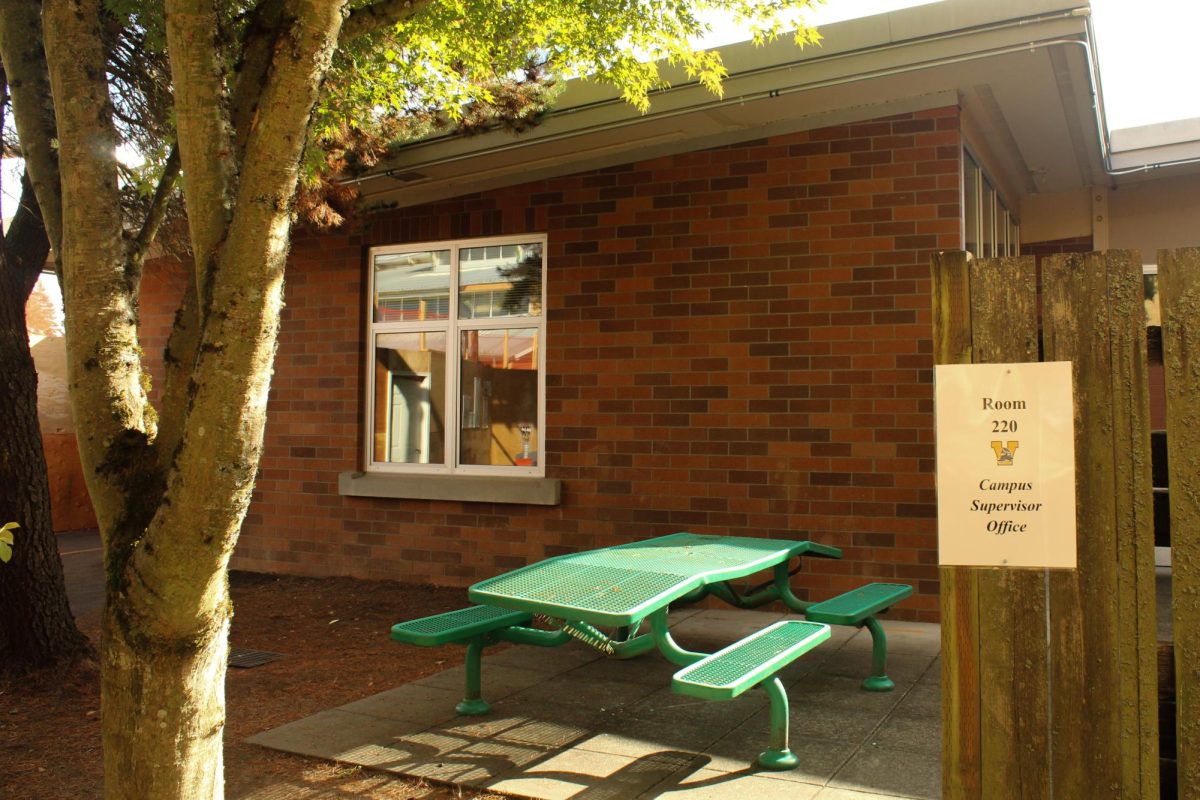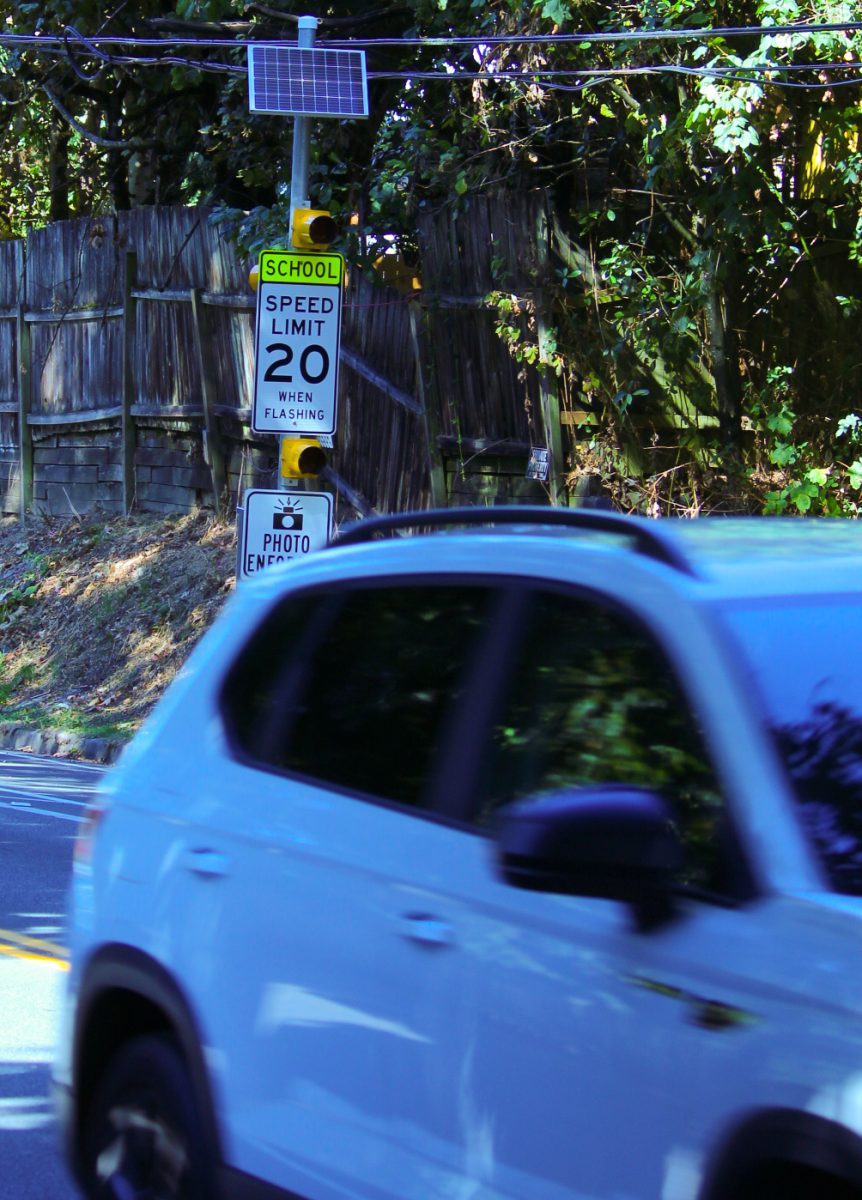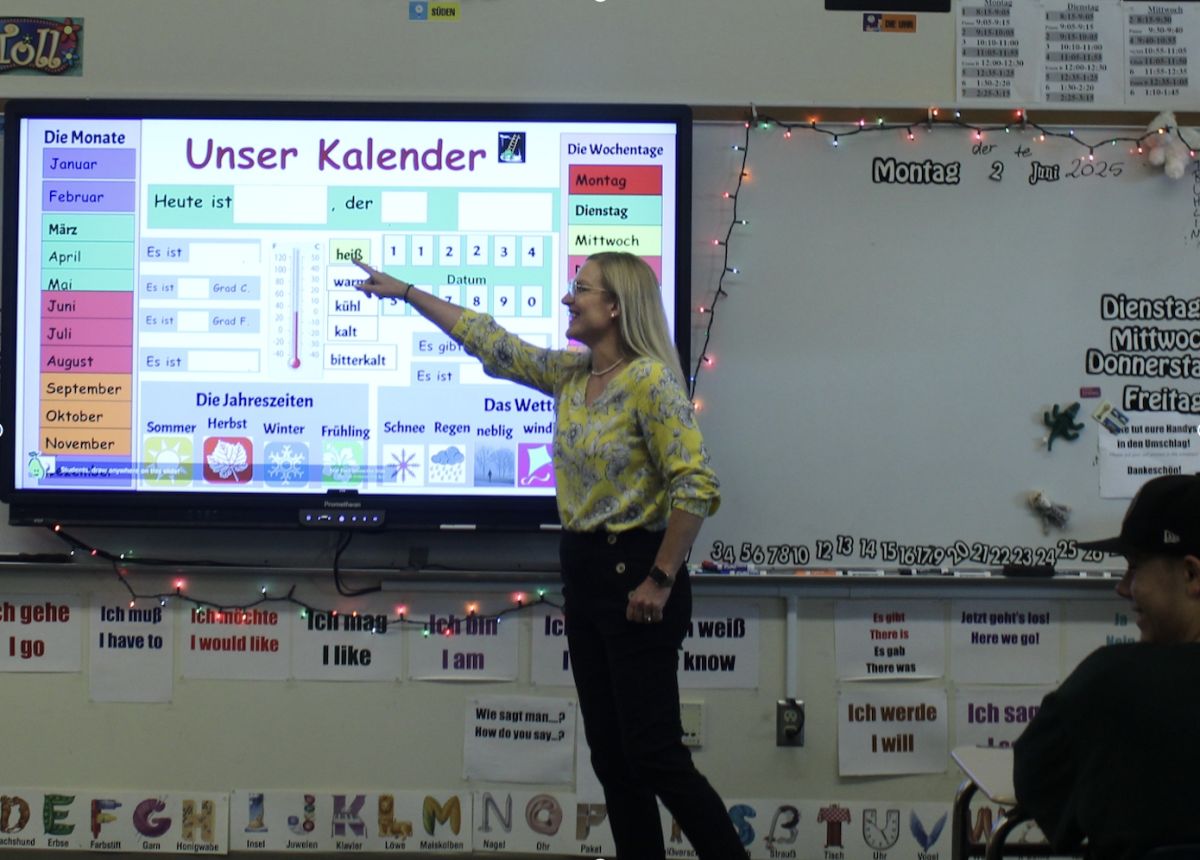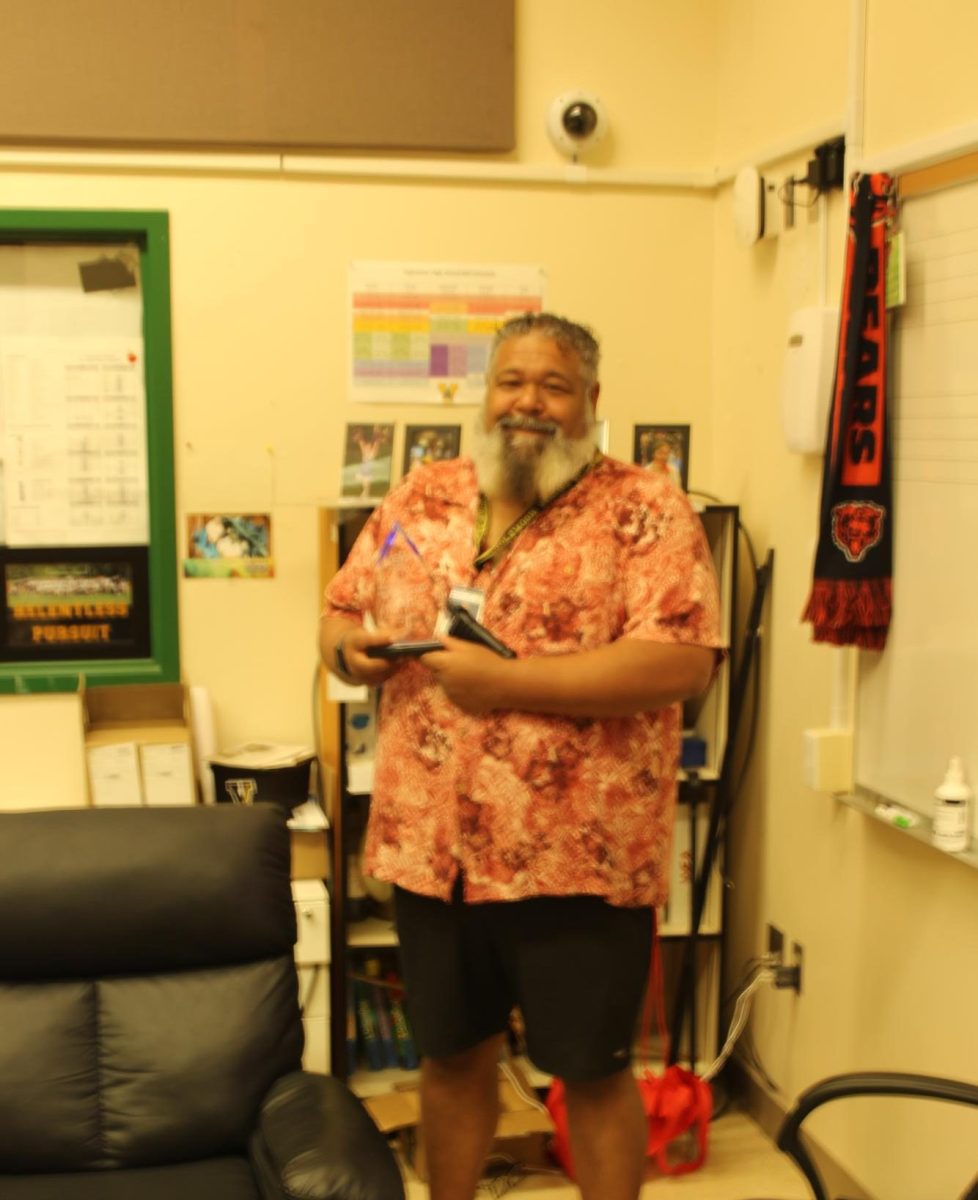Micromobility — small and lightweight vehicles such as Lime scooters — have been seen in Seattle since the city started its first bike-share system in 2014. In 2018, electric scooters first appeared nationally. Seattle began collecting input from local communities and eventually launched its own scooter-share pilot program in the fall of 2020. The scooters were seen as a viable alternative to traditional transportation methods that would decrease traffic congestion, but they also posed a separate problem.
In 2019, electric scooters were littered across sidewalks, parks, rivers and lakes. For instance, more than 60 electric scooters were fished out of Lake Merritt in California in October alone. Portland police also responded to several reports of people throwing scooters into the Spokane River; maintenance workers in Los Angeles reported seeing scooters tossed into the Pacific Ocean; and scooters have been recovered from the Trinity River in Dallas. However, Seattle’s pilot program seems to tell a different story.
The pilot program ran from Oct. 1, 2020 to Sept. 31, 2021, and issued permits to four scooter vendors: Lime, Link, Spin and Wheels. In addition, the program gave the Seattle Department of Transportation key statistics that helped evaluate its performance. During the pilot, over 260,000 riders took over 1.4 million trips using scooters that provided a low-emission travel option. In fact, a survey conducted by SDOT found that over half of the riders would have used a taxi, ride-hail or personal vehicle if the scooter-share service had not been available, and the majority of rides were used to connect between transit stops. A survey conducted by Fraunhofer ISI in October 2022 found that shared scooter trips reduced carbon emissions by an average of 541 grams per passenger compared to public transit and the energy needed to manufacture electric cars.
Unlike other cities, Seattle is improving rider and pedestrian safety both during scooter use and when the scooters are idle. In the fourth quarter of 2020, SDOT found that 21% of scooters were obstructed on sidewalks or parking spaces. In the third quarter of 2021, SDOT found that only 8% of the scooters were characterized as obstructions. While higher than its initial target of 3% or less, the statistics showed promise. Additionally, 95% of the time, the vendors responded to complaints about improperly parked scooters and other issues within two hours, surpassing the 75% target set by SDOT.
However, the pilot program also recorded numerous injuries. Of the 5,189 respondents to a safety-focused user survey, 11% reported experiencing an injury. Of that 11%, 22% said they sought medical attention for their injuries. To ensure additional safety for the user and the vehicle, SDOT conducted audits of the scooters at least once a week during the pilot period to keep sidewalks accessible and required all riders to wear a helmet. Additionally, geofences — electronic perimeters around a physical location — were established in places such as along the Alki waterfront to encourage proper parking.
King County began its own pilot program for shared electric scooters in August 2020, which ran until April 2023 in the North Highline Urban Unincorporated Area. The two operators, Lime and Spin, were allowed up to 50 scooters per day. During the first six months of the pilot program, 31 scooters were reported lost or destroyed due to vandalism. However, the number of reported problems with shared scooters was low, and no safety incidents were reported during the 5,810 trips taken in 2021.
In 2019, when shared electric scooters were still a novelty, rules and regulations had yet to be set in place as vendors quickly and unexpectedly began to dump scooters into cities. In 2023, cities began exiting pilot programs — with new regulations to make the scooters function as efficiently and effectively as possible — and the newfound addition of electric micromobility options has been received positively. Regulations allow these climate-friendly electric scooters to act as an extension of the public transit system, not as a hindrance.



